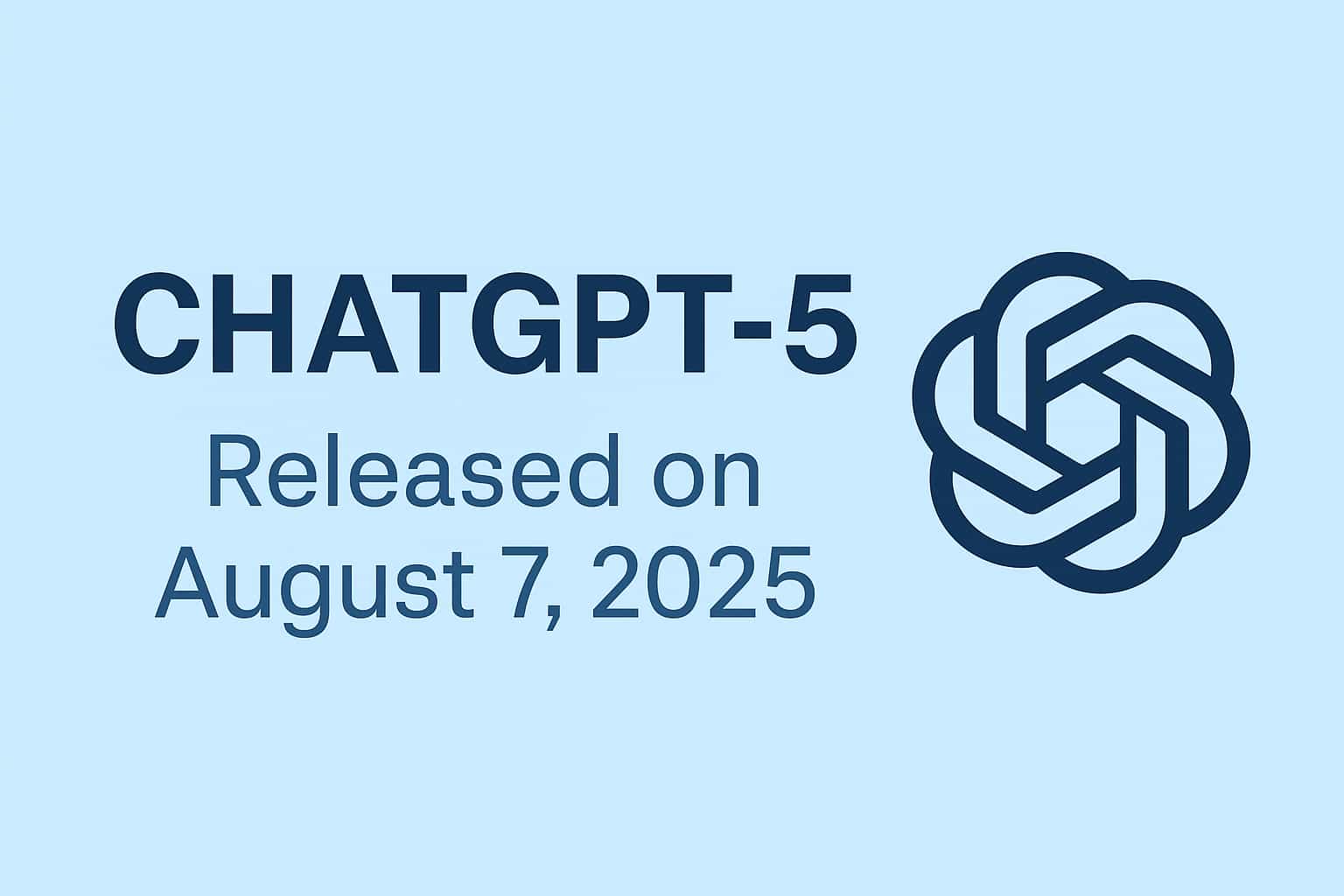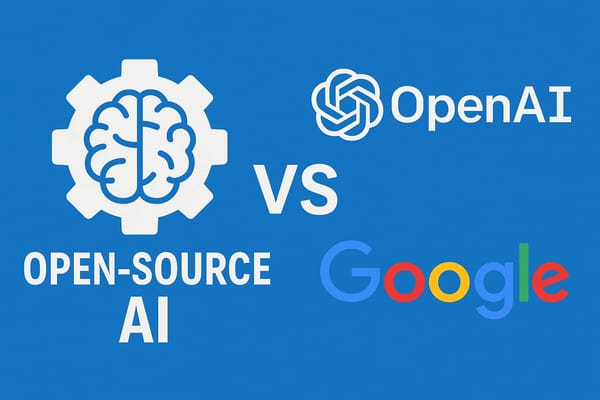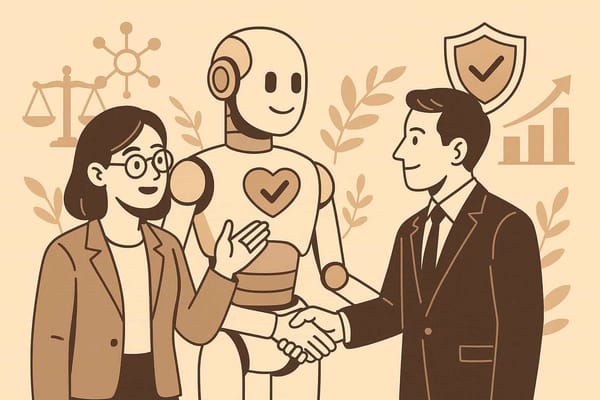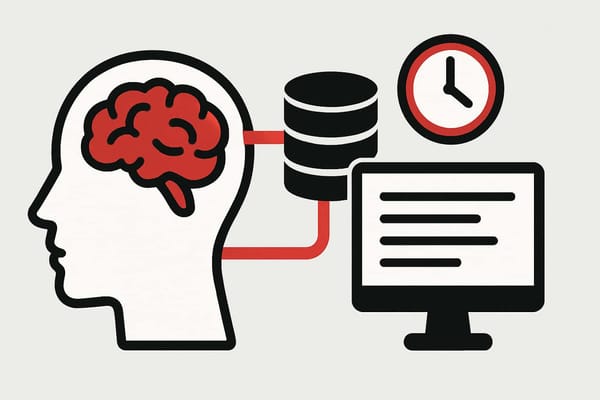Your wait is over - OpenAI has launched ChatGPT-5 on August 7 2025, which is likely one of the biggest leaps made in AI technology till date. GPT-5 is designed to be faster, smarter, and more accurate than any of the previous versions with its reasoning, multimodal capacities, and massive context window. ChatGPT-5 is sure to aid developers in building tools and women and men of business looking to automate processes. Even casual users looking to explore their creative sides are bound to get the human-like expertise in matter of seconds.
In this post, we will be looking at the use cases and ChatGPT 5 variants including pricing, new features and its effect on AI Tech in 2025.
GPT-5
- OpenAI says, "We are introducing GPT‑5, our best AI system yet.".
- GPT-5 can retain more information than prior models—it has a 256,000-token context window with 128, 000 token in output.
- Real-time router — a system that automatically selects the best-suited model to handle each user request.
- Released GPT-5 in three sizes in the API—
gpt-5,gpt-5-mini, andgpt-5-nano. - Reduced hallucinations, improved instruction following, and minimized sycophancy.
Why It Matters?
Use Case 1 — Software development & coding (DevTools / GitHub Copilot)
"GPT-5 is OpenAI’s most advanced model to date, delivering substantial improvements in reasoning, code quality, and user experience over previous versions." - Github Blog
OpenAI and Microsoft highlight GPT-5’s role as a next-generation coding collaborator: it handles end-to-end complex coding tasks, improves code quality, explains actions up front, and powers GitHub Copilot and Visual Studio integrations so developers can write, test, debug and deploy larger implementations with less prompting. This positions GPT-5 as a practical assistant for long-running agentic workflows and complex engineering tasks.
Use Case 2 — Healthcare & medical research
"OpenAI released its most advanced reasoning model, GPT-5, which it touts as its most useful model for healthcare." - Fierce Healthcare
Sources reporting on the launch stress that OpenAI and industry coverage position GPT-5 as a healthcare-focused tool: leaders describe it as capable of offering more useful, context-sensitive support for clinicians and researchers, generating hypotheses, summarizing clinical evidence, and assisting patients with clearer, safer explanations—while emphasizing safety, oversight, and pathways toward medical applications.
Unlock the Benefits of GPT - 5 for Your Business
Autex Innovation focuses on enabling companies to leverage the most recent GPT - 5 AI technologies to transform business operations, increase productivity, and remain ahead of the competition. Our services range from custom AI development, RAG-powered, chatbots, agentic workflows, automation powered by AI, to precise tuning of AI models on specific domains. Each of our solutions is designed with safety, scalability, and high impact in mind.
Visit Autex Innovation to get started




